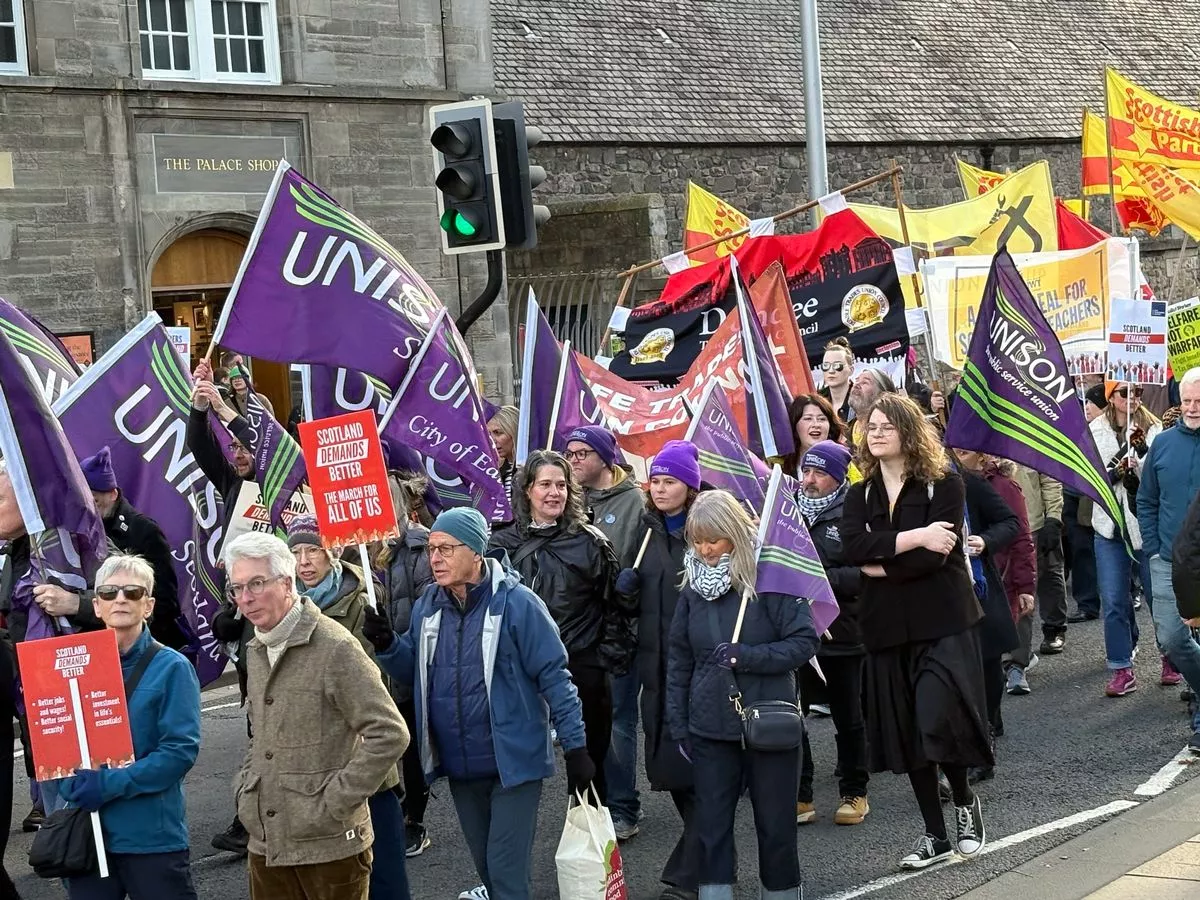Copyright jis

Jamaica Public Service Company (JPS) President and Chief Executive Officer (CEO), Hugh Grant, says that keeping Jamaicans powered up during and after the hurricane is a priority. “Let me reassure you that we are prepared to do all that we can to the best capabilities to safely keep the grid up and running to serve the load,” he said at a joint virtual utility media briefing on Sunday (Oct. 26). Mr. Grant said that grid stability is crucial in making the decision to shut down, as instability could lead to cascading failures and widespread blackouts. Grid stability means maintaining a balance between power generation and consumption, which ensures consistent voltage and frequency. “Whenever you have a disconnect between those two, due to what we call a lot of transients on the system, which are trees falling on lines and other things that make the grid potentially unstable, in order to prevent a cascading effect that may then lengthen the time of restoration, at that point in time, the system operations team may make a decision to shut down the grid,” said Mr. Grant. He noted that forecasted storm surges in some areas could play a role in shutdown decisions if generating stations are at risk. “If it’s a case where the storm surge is such that it supersedes the levels of our generators, that may also be reason to shut down because then you won’t have the generation available,” he pointed out. He said that the company has already taken significant steps to protect the system such as clearing drains and putting in place mobile high velocity pumps and sandbags. Mr. Grant said that the JPS is prepared to “island the grid” based on how badly damaged it gets during the hurricane. He explained that in such a scenario, the corporate area would be separated from Montego Bay, for example, “resulting in the grid operating in two separate islands, whereby they may have to shut down one particular area and keep one up”. Mr. Grant said that islanding the grid would allow for safer and more timely restoration once conditions permit. “We are prepared based on the changing conditions to make that decision. We don’t want to have an unstable grid,” he stressed.



